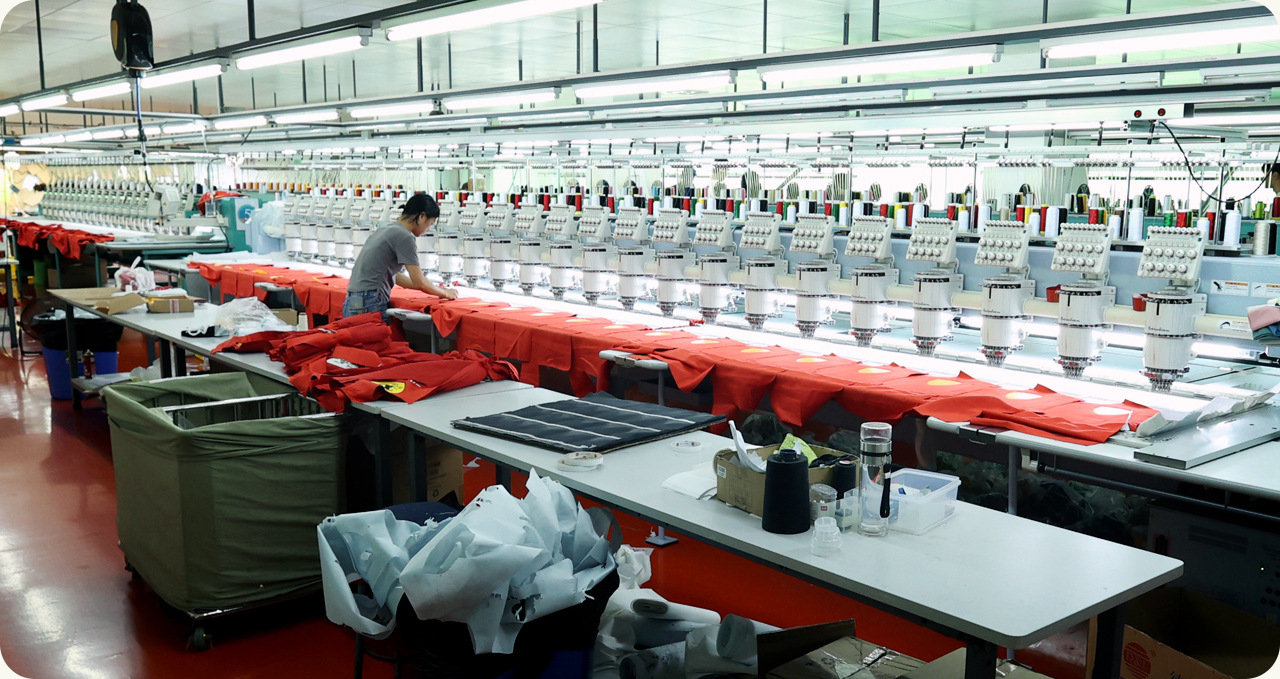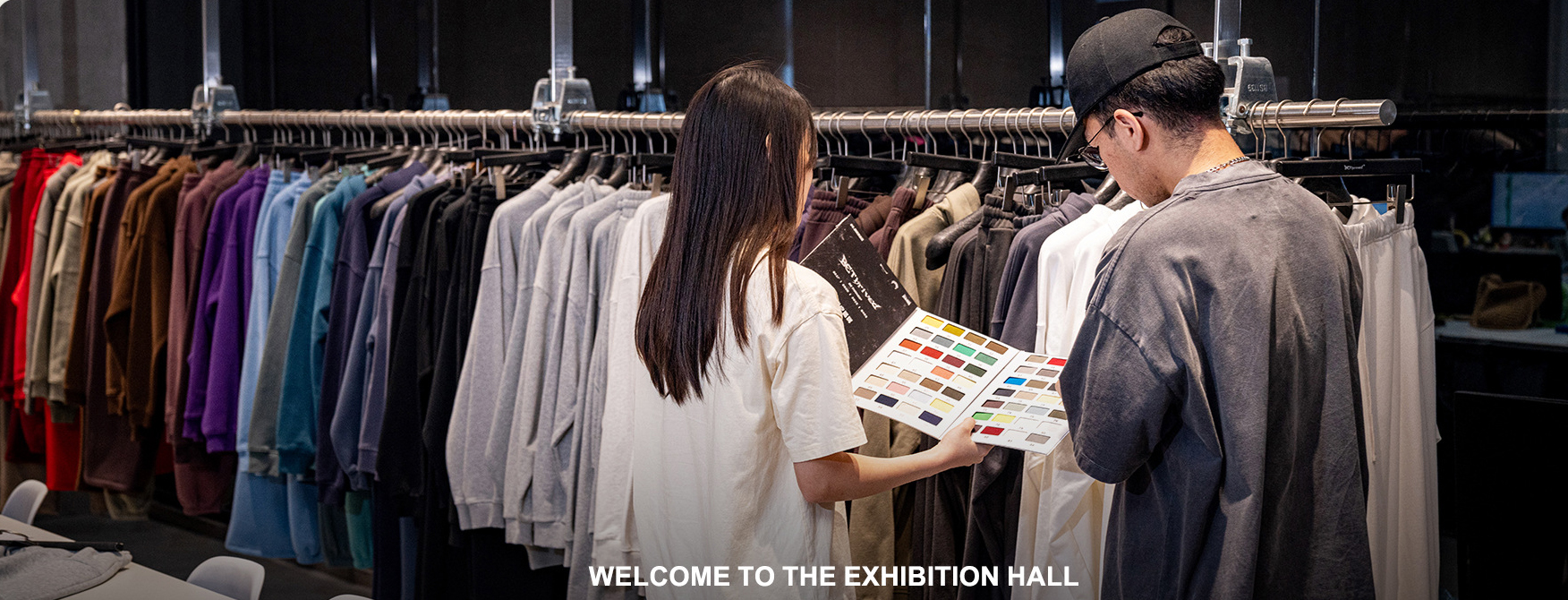[New York, July 30, 2025] The $1.5 trillion fashion industry is pivoting from oil to biology. In a watershed moment for sustainable textiles:
- SHEIN’s algae-fiber T-shirts ($7.99) sold 100,000 units in 24 hours via TikTok pre-sale;
- UNIQLO debuts 100% plant-based polyester sportswear (¥299/piece) co-developed with Toray, cutting carbon footprint 60%;
- Jiangnan Buyi (JNBY) launches microbe-dyed collections using engineered bacteria, reducing water consumption 90%.
“Bio-materials are no longer a niche experiment,” said Dr. Lena Müller, lead analyst at McKinsey’s textile practice. “*With costs now 15-30% above conventional synthetics—down from 40-100% in 2023—they’ve hit commercial viability.*”

Controversies & Challenges
- Greenwashing Accusations:
Environmental group Fashion Revolution claims some “plant-based” brands use fertilizer-intensive crops, negating carbon benefits. Toray’s response: “We use bagasse—a sugar waste.” - Performance Trade-offs:
ANTA’s mycelium soles show 30% lower abrasion resistance than EVA foam. CEO Ding Shizhong pledged: “90% parity by 2028.”

Supply Chain Shift: China’s $3B Bet
Eastern China is emerging as a bio-textiles hub:
- Fengyuan Group operates Asia’s largest PLA facility (5,000 tons/day corn-based resin);
- Shaoxing Bio-Textile Trading Center processed ¥3B ($420M) in H1 2025, serving 30,000 SMEs;
- Sportswear giant ANTA will release mycelium foam sneakers (¥899) in August, targeting Gen Z eco-consumers.
Expert Insight
“This isn’t just substitution—it’s reprogramming fashion’s DNA,” stated Prof. Wei Chen of Tsinghua University. “*Every ton of bio-polyester sequesters 2.3 tons of CO₂. We’re turning clothes into carbon sinks.*”
Post time: Jul-31-2025
